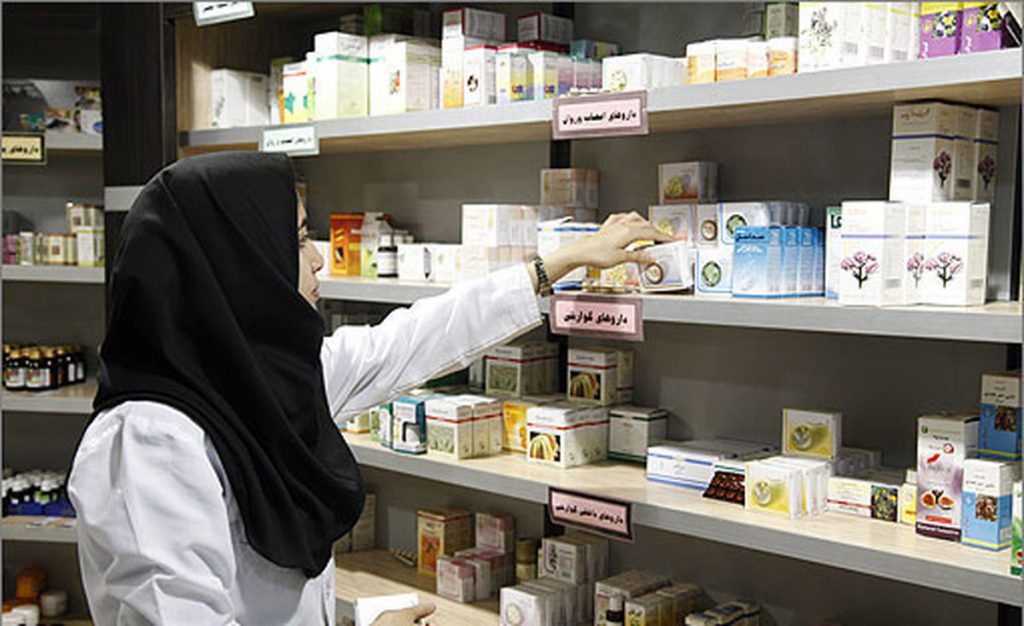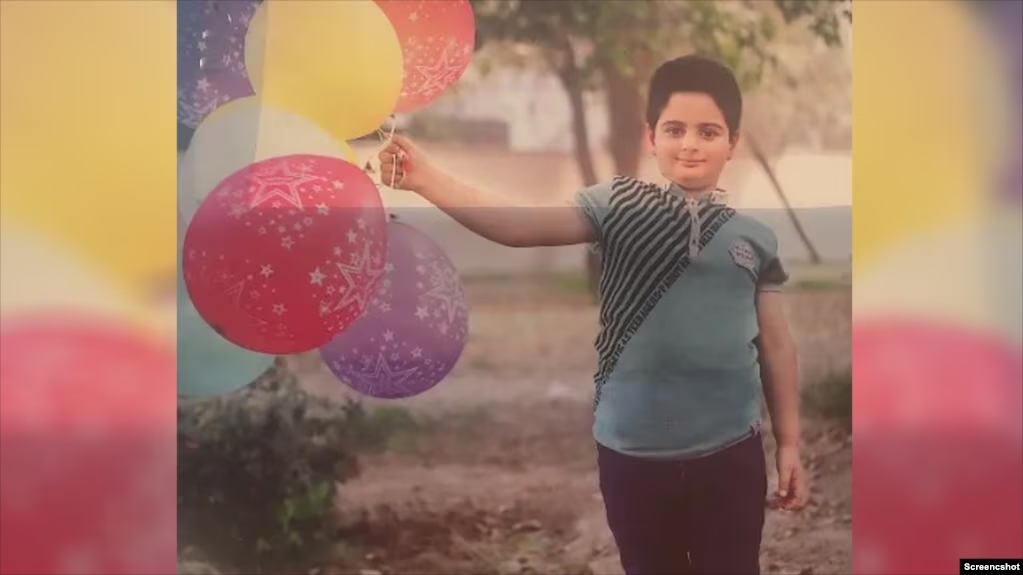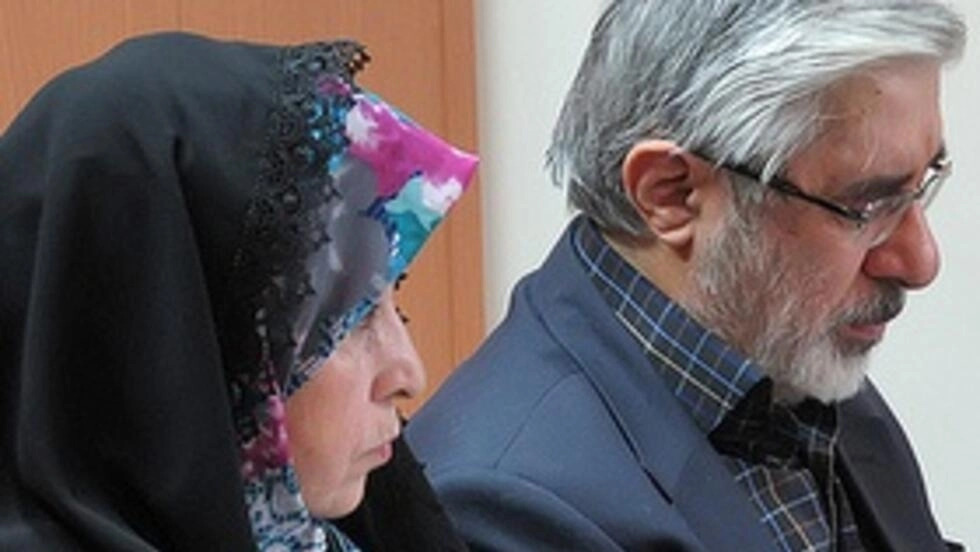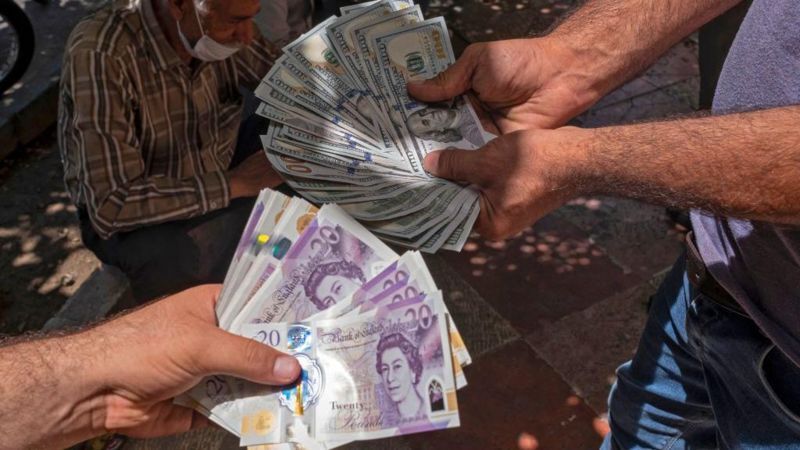
In Need of Some Good News These Days!
The editorial of Arman Melli, penned by the head of the Iran Association of Social Workers, focuses on society’s need for hearing some good news so that it can experience happiness once again.
These days, everybody keeps talking about the price of the dollar, then immediately asking how far the rise in the price of the dollar is going to continue. Prices of goods are going up, making it harder and harder for ordinary people to pay for life expenses. Some say they can no longer continue in this way, saying they have used up all their savings and feel ashamed before their families.
These days, workers are worried about their next year’s salaries and wages, while teachers too are concerned about their salaries. Poor families and families with difficult-to-treat patients are far too worried because they do not have enough money to pay for additional, expensive treatments.
Under these circumstances, there is concern that social problems will increase in the cities, including not caring for the elderly, the handicapped, mental patients, patients with difficult-to-treat diseases, etc.
Naturally, all related entities must be ready to help people with such problems, including the police, courts, relief organizations, welfare organizations and municipalities. Were it not for municipalities that deal with the issue of homeless people, we would be seeing more heartbreaking scenes of deaths of homeless people due to cold or hot weather in the city streets.
Now, under these circumstances when there is no sign of a better future, there is a dire need for some good news regarding the economy, politics, society, culture, heath, etc. so that people might smile once again.
It has been a while that no one has seen people smile or heard them laugh from the bottom of their hearts. It is everyone’s right to be happy, but for a long time, the Iranian people have been deprived of this right.
From Making Threats to Silence
The editorial of Arman Melli criticizes the government for not reacting to an official who threatened a correspondent asking a question about the tax debts of Khatam al Anbiya Headquarters.
For several months, it has been on the government’s agenda to give long responses to media outlets, so much so that a significant part of the government’s efforts has been focused on giving numerous responses. In order to give a rosy picture of the improvements in Iran’s economy, Iranian officials presented their own statistics than the ones offered by the Statistical Center of Iran.
In their numerous press conferences and television programs, government officials announced a 20 percent drop in inflation and an increase in investments and economic growth, while a considerable increase in the price of the dollar and skyrocketing inflation as well as a steep decline in purchasing power and the depreciation of the national currency indicate a deep crisis in Iran’s economy.
As a result of the gap between the image presented by the government and the bleak reality, the government started to use keywords like “those responsible for the current situation” trying to put a big question mark over everything that happened before.
But now there has been a change in the way the Iranian government reacts to the news.
In a recent press conference, ILNA news agency’s correspondent directed a question to the Head of the Tax Affairs Organization Davood Manzoor about the tax debts of Khatam al Anbiya Headquarters. Manzoor threatened the correspondent, saying if no proofs were given to back this claim, the case will be referred to the taxation prosecutor.
Many experts reacted to Manzoor by reminding him of the duties of the taxation prosecutor. But the government did not react to this issue at all, and no warning was issued to Manzoor about making threats against a correspondent.
Let Us Go Back to Summer to Resume the JCPOA!
The editorial of Arman Melli calls it a strategic mistake that Iran did not agree to restoring the nuclear deal last summer.
Today’s circumstances in Iran reveal the fact that not reaching an agreement over the nuclear deal (JCPOA) last summer and having hopes for a harsh winter in Europe was a flawed strategy which has seriously damaged the country’s economy.
Let us go back to the end of the summer when Iran and the P5+1 countries were so close to reaching an agreement over restoring the JCPOA. At that time, some “ultra-conservative” figures and “hardline” newspapers advised Iranian President Ebrahim Raisi to wait for the commencement of a harsh winter which would bring difficulties for the Europeans so that the other sides to the nuclear deal would be utterly weakened and ready to make more concessions to Iran.
At that time, an Iranian “hardline” newspaper wrote, “Certainly today the circumstances are better [for Iran] than last year, and according to the predictions of reliable international centers, the conditions will gradually improve. The 13th government has demonstrated that without the JCPOA and FATF, great things can be done. So, we are not the ones who should be in a hurry. Two months! If the situation continues for two more months, the conditions will drastically change [to Iran’s advantage].”
Now, after two months, the situation has not developed in the way that these so-called pundits and strategists had imagined. Today, conditions in Iran reveal that not reaching an agreement then was a miscalculation with disastrous consequences for the country’s economy.
Raisi should not have consulted with those people in the first place: they keep saying Iran does not need the nuclear deal and it can make do with or without the JCPOA.
To prove this claim wrong, one should go back to Hassan Rouhani’s first government, when they reached an agreement over the nuclear deal and the JCPOA was signed. Prices were stable for a few years and the price of the dollar was almost fixed for four years.
After the United States pulled out of the JCPOA, economic conditions changed in Iran. Prices started to skyrocket and never declined. The rise in prices took place under Raisi’s government and economic conditions have worsened. This is a fact that proves that Iran’s economy, despite its domestic capabilities, is in dire need of establishing cordial relations with the world.
More Than 80 Percent of Iranians Below the Poverty Line
The editorial of Arman Melli explains how the government’s budget deficit is affecting people’s tables in Iran.
Adam Smith once said that “it is not from the benevolence of the butcher, the brewer, the baker that we expect our dinner, but from their regard to their own interest. We address ourselves, not to their humanity but to their self-love….”
This is a key idea shedding light on economic activities and trade. When it was announced that the price of red meat has reached 500,000 tomans per kilo, the strangest thing happened when some denied this price, saying it is only 480,000 tomans per kilo!
From now on, we must expect such remarks on Iran’s state-run television in the coming days, with experts probably warning against the dangers of consuming red meat for health!
When economic cycles in the country are not viewed systematically, an increase in the price of red meat is not surprising. But one should ask what has happened: breeding livestock needs feed for animals, buying feed for them needs dollars, and the dollar’s price has reached 60,000 tomans. So, in a way, prices of all products are somehow tied to the price of the dollar. It makes no difference if it is household appliances, clothes, shoes, foods, etc.
But does the government have a role in the rise in prices? Of course! When there is a budget deficit of 400,000 billion tomans in Iran’s economy, it means more debts, more growth in liquidity and more inflation. This inflation is going to have a damaging impact on people’s lives. People have to stop using more and more basic goods and essential foods. So, this will not be limited to dropping red meat from Iranian people’s tables, it will soon spread to dairy, rice, eggs, etc.

Iranian Government Tightens the Noose Around Women Again

Five months after the nationwide protest movement of “Woman, Life, Freedom” in Iran which shook the pillars of the Iranian ruling establishment, the authorities are now targeting its core: women. From girl students at primary schools who are being systematically poisoned to women employees at pharmacies, no one is ruled out from this new offensive.
Following women’s unveiling in public places, one of the outcomes of the recent protest movement, Iran’s Food and Drug Organization has issued a directive, ordering female employees at pharmacies to wear tight black head coverings (maghnaeh) at work.
The directive, not being limited to employees, is required to be displayed where it can be visible to customers as well. Moreover, all pharmacy owners are obliged to make a written commitment in this regard.
So far, at least two pharmacies have been sealed off due to their employees’ way of wearing the hijab. In the same vein, a physician’s office was shut down because he objected to a patient who had warned another patient about her hijab at his office.
Social media users, however, have vehemently reacted to such bizarre restrictions by questioning the issue, saying the authorities should address the scarcity of medication in the country instead of talking about wearing maghnaeh.
Meanwhile, new notices were disseminated at universities, threatening students about “hijab regulations,” saying if they do not observe them on campus as well as in “all streets and alleys around the university” they will face “disciplinary sentences.”
The new crackdown on women comes at a time when the country is grappling with an unprecedented currency crisis, among other problems, to which officials have no solution.
While clerics disregard the dire economic issues, expressing concerns over “cultural disarray” caused by women’s unveiling or “improper veiling,” Tehran Friday Prayer Kazem Sadighi offered a quick fix this week, “Weep in solitude and solve the country’s problems with praying,” he told people.
Victim’s Uncle to “the One Who Pulled the Trigger:” You Ruined a Family!

The uncle of Kian Pirfalak, a child who was killed in the protests in the southern city of Izeh, posted a story on his Instagram page addressed to the person who pulled the trigger to kill Kian, writing, “You ruined a family.”
Kian Pirfalak, 9, was shot by security forces with a weapon of war on November 16, 2022, while in the car with his father and mother and his 3-year old brother.
Following the shooting, Kian died and his father was severely wounded, and after two months, was released the hospital but is in a wheelchair and unable to walk.
Kian’s uncle, Mehrdad Pirfalak recently posted an image of Kian’s father, writing, “You, who pulled the trigger, it only took a few seconds, but you ruined a family, and murdered a genius and darling child.”
He continues, “You broke his father’s back and crippled him, and shocked his mother in such a way that she is suffering from PTSD. And because she was holding Kian at that time with her hands full of blood, that image is engraved in her mind.”
According to Kian’s uncle, Kian’s brother, Radin, too, who saw his father and brother covered in blood, is not in good condition, fearful of armed people and not letting go of his mother even for a second.
Pirfalak goes on to say, “You who pulled the trigger! How do you live with your conscience? If you have a child that you hug and hear his/her heartbeat, how can you live with yourself?”
The killing of Kian triggered widespread international condemnation. His burial ceremony turned into widespread protests with the people of Izeh chanting slogans against the Iranian government and Ali Khamenei.
More Restrictions on Mir-Hossein Mousavi

According to Kalameh website, a source close to Mir-Hossein Mousavi, the former prime minister of Iran and one of the leaders of the Green Movement, said that more restrictions have been imposed on Mousavi and his wife, Zahra Rahnavard, who have been under house arrest for years.
According to Kalameh, the new restrictions were suddenly enforced on Sunday afternoon.
While no further explanations have been given about the details of the new restrictions imposed on Mousavi and Rahnavard, it has been said that these were imposed because of their new stances regarding the recent protests and the “Woman, Life, Freedom” movement in Iran.
In a recent statement, Mousavi has called for going beyond the ruling establishment and holding a referendum for people to determine the type of government in Iran.
Mousavi in his message has demanded that a new constitution should be drafted for “saving Iran,” urging that it must be then approved by the Iranian people in a free referendum.
In addition to emphasizing the necessity of holding a “free and fair election,” Mousavi has underlined the need to form a constitutional council.
Mousavi stated that the movement of “Woman, Life, Freedom” bears the seeds of a bright future for Iran, seeing it as a fundamental change for Iran and Iranians.
Mousavi’s statement was welcomed by many Iranian political figures and activists.
At the beginning of the “Woman, Life, Freedom” movement, triggered by the death of Mahsa Amini in the custody of the so-called morality police, Mousavi in a message to the armed forces demanded that they should stand by the people instead of oppressing them.
Record-breaking Increase and Fluctuation in Price of Dollar

The price of the dollar in Iran’s free market and the forex market is facing sharp fluctuations, reaching over 60,000 tomans per dollar for a few hours then dropping a couple of thousand tomans later.
The gold and gold coin market then followed suit, with the price of a full gold coin reaching over 35 million tomans, but after the decrease in the price of the dollar, the price of a gold coin declined as well.
In the meantime, some Iranian officials still keep calling these numbers “unreal.”
Iranian Interior Minister Ahmad Vahidi cited the drop in the value of Iran’s national currency, saying that “to us, the recent incidents related to forex are a conspiracy…plotted by the enemy.”
Following the incompetence of Ebrahim Raisi’s government in controlling the forex crisis, the government’s economic team went to the Iranian Parliament. One of the lawmakers later reported that Vice President Mohammad Mokhber had told them that “you can’t find anyone better than us to run the country, and we cannot find anyone better than you, which means that we are perfectly matched!”
Regarding the current situation in the country, Mokhber reportedly said, “It is what it is!”
As a result of the increase in the inflation rate and the lack of economic prospects, many people have opted for buying forex and gold to preserve the value of their assets – a process which has heightened after the eruption of nationwide protests.
The Iranian government is accused of using these fluctuations to its own advantage to compensate for its own budget deficit.
In the meantime, there are reports regarding the huge increase in food prices.
The point-by-point inflation rate for food, beverages and tobacco exceeded 70 percent last month.
The decline in the purchasing power of citizens in past years has negatively impacted red meat consumption.
Also, after the leap in the price of the dollar, Tehran’s market is reportedly experiencing a strong recession with very little economic activity.
